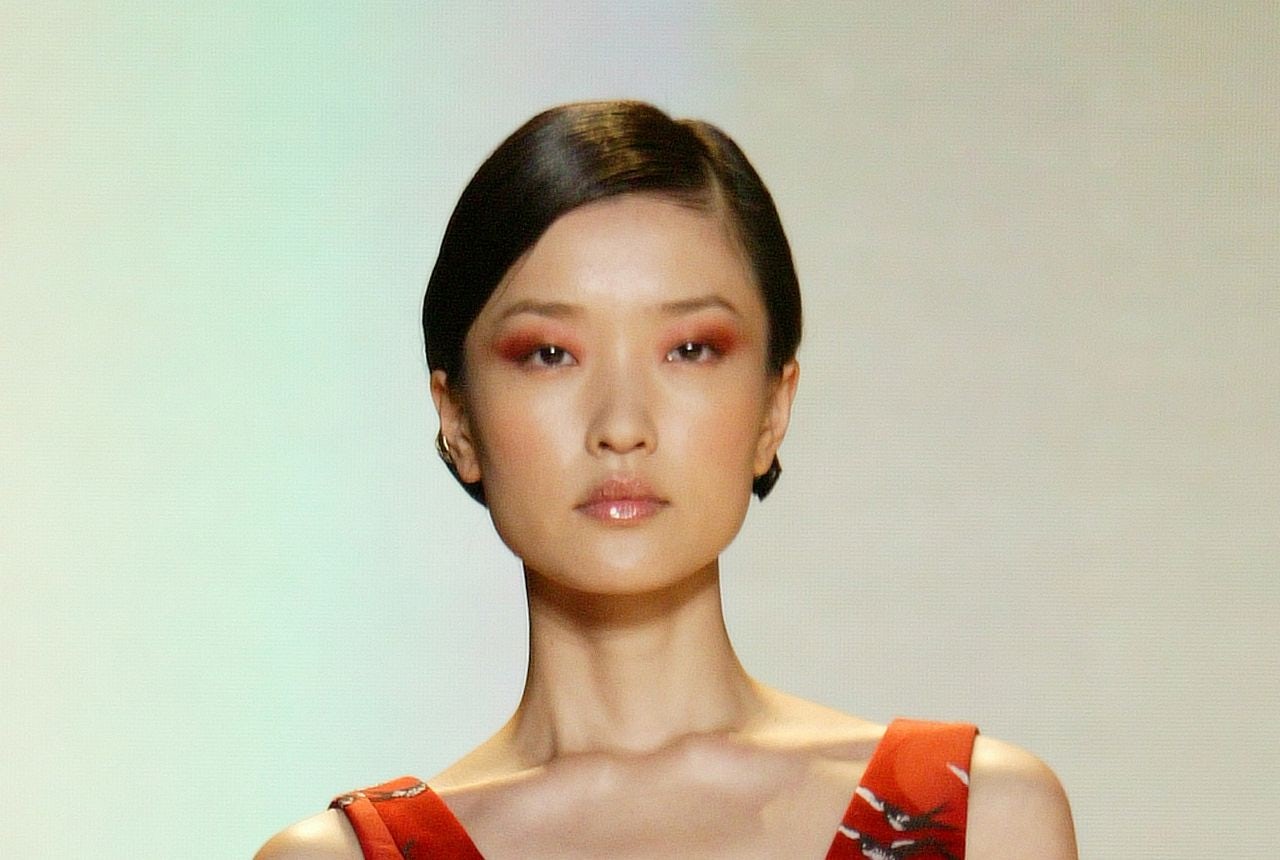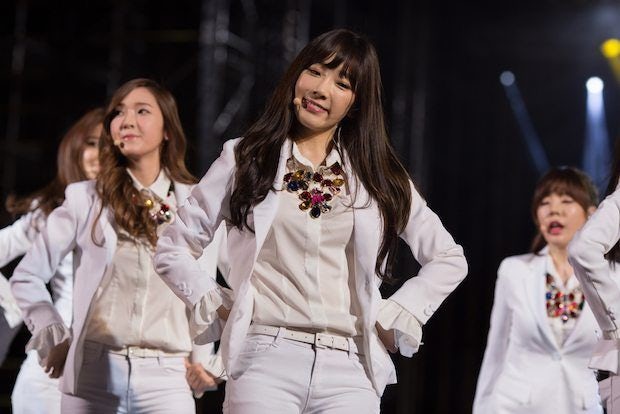Body positivity is a massive trend in the fashion and cosmetics industries in the United States, United Kingdon, and Australia. Western women are fighting back against unrealistic advertising, and brands are listening. They are in turn changing their messaging to uplift consumers instead of taking advantage of their insecurities. Much of this change comes from the power of online wanghong (a.k.a influencers) who have grown their audiences around the ideals of confidence, diversity, and acceptance and who have incredible sway over their fans’ purchasing decisions.
In China, the exact opposite is happening#
Idealized beauty still holds sway as women aspire to be the perfect, airbrushed models and celebrities they see around them. And unlike their Western counterparts, many online wanghong in China feel that being conventionally beautiful is a prerequisite for success. Nearly 10 percent of current online celebrities have undergone plastic surgery.
Body positivity and advertising#
While body positivity has been building momentum for a long time, it has skyrocketed over the past few years with the growth of social media. Women want brands to uplift them instead of tearing them down. And advertisers are listening to consumers, using images that haven’t been airbrushed, incorporating models of all shapes and sizes, and changing their messaging. They have reoriented their advertising to tell women that the purpose of buying nice clothes and using makeup is to enhance their natural beauty.
Influencers have played a crucial role in this movement, developing robust consumer communities committed to diversity, acceptance, and confidence. Brands have had no choice but to heed these changes.
In China, not so much#
Body positive messaging does not resonate in China.
Unlike in the West, where influencers are rebelling against beauty industry norms, wanghong in China are feeding into these standards and increasing the pressure for average people to conform to idealized beauty standards.
The Wall Street Journal published an article recently about the many Chinese women undergoing facial reconstruction in their pursuit of online stardom. According to iiMedia Research, about 10 percent of internet celebrities have undergone surgery to boost viewership. One of the wanghong interviewed for the WSJ article remarked, “If you’re not pretty, nobody will care about you, and nobody will follow you online.”
Why do so many wanghong feel that plastic surgery is the only way to become beautiful?#
The answer lies in the lack of diversity in beauty standards. In China, people idealize one type of beauty, which has become known as the Wang Hong Face. It refers to doe eyes, a high nose, light skin and a very pointy chin. On top of that, women are also expected to be slim, have large breasts, and long, thin legs.
With a conception of beauty that often requires more than exercise and makeup alone to attain, it’s no wonder China has become the world’s third-largest market for cosmetic reconstruction.
In China, people don’t necessarily view plastic surgery negatively as we might in the West. Many feel that the celeb or wanghong is bettering themselves — it’s just what they have to do to stay in the game.
What this means for brands#
While brands should stay true to their core values, it is essential to be aware of this cultural differences if you want to be successful in China.
Brands who typically focus on body positive messaging will need to rethink their approach in China. Being “real” will not always obtain the positive reaction you seek.
This story originally appeared on PARKLU, an influencer marketing agency in China.


